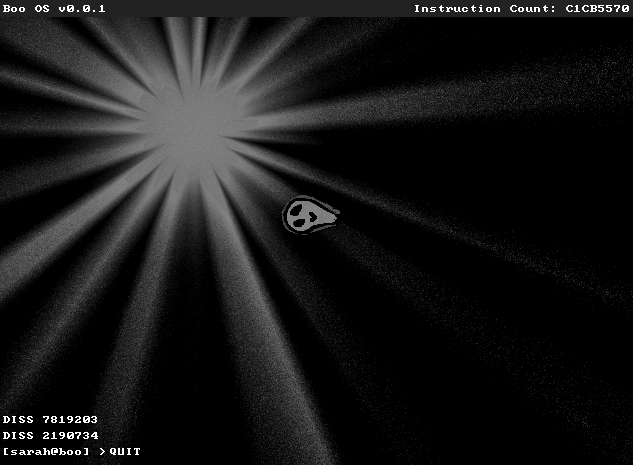
It's been a while since I've visited this topic, and with some vacation coming up I think I might want to dive into it some more. I would really like to find some kind of solution to this.
I'm going to dump some thoughts about approaches I've already tried in this thread.
I'm going to dump some thoughts about approaches I've already tried in this thread.
https://twitter.com/SarahJamieLewis/status/1132728009289396224
Failed Approach #1: Custom Wiki
What worked: flexible, linkable some nice features like reference embedding and basic term rewriting / derivation.
What didn't work: lack of formalization, everything felt too ad-hoc,
Perhaps salvageable with process.
What worked: flexible, linkable some nice features like reference embedding and basic term rewriting / derivation.
What didn't work: lack of formalization, everything felt too ad-hoc,
Perhaps salvageable with process.
https://twitter.com/SarahJamieLewis/status/1194087392505946113
Failed Approach #2: Literate Programming.
What worked: Nothing, literate programming tools are terrible.
What worked: Nothing, literate programming tools are terrible.
Failed Approach #3: Formal Modelling Tools
I've tried quite a few and I'm a fan, my main gripe is around integration - most of the more powerful analysis tools are heavily wrapped up within themselves and don't lend themselves to composition or extension.
I've tried quite a few and I'm a fan, my main gripe is around integration - most of the more powerful analysis tools are heavily wrapped up within themselves and don't lend themselves to composition or extension.
Failed Approach #4: Write my own Modelling Tool(s)
Why they failed: Same as #3, lack of reusable components means any non-trivial analysis either requires fully adopting an existing project to extent it or writing from scratch.
Why they failed: Same as #3, lack of reusable components means any non-trivial analysis either requires fully adopting an existing project to extent it or writing from scratch.
https://twitter.com/SarahJamieLewis/status/1315822917138046976
Failed Approach #5: Requirement Tracking Tools
Why they failed: Fundamentally the wrong modelling approach, too hierarchical, most lack expressive formalization.
Why they failed: Fundamentally the wrong modelling approach, too hierarchical, most lack expressive formalization.
Failed Approach #6: Mind Mapping.
All mind mapping software is either clunky, or proprietary with no hope of extensibility. Also a lack of formalization.
All mind mapping software is either clunky, or proprietary with no hope of extensibility. Also a lack of formalization.
Failed Approach #7: Tagged Papers in something like Zotero
Managing papers/references is a plus, but I fundamentally need something more than that. Think I got some basic extensibility working at some point but quickly abandoned it.
Managing papers/references is a plus, but I fundamentally need something more than that. Think I got some basic extensibility working at some point but quickly abandoned it.
In my ideal tool I would be able to relate e.g. a set of papers about a problem / a formal model of the problem / an implementation to solve the problem / free form notes about the problem all together - in addition to linking those parts and the whole to others.
And at some level it needs to be executable / checkable. I'm less concerned with capturing knowledge than I am with further analysing a given problem space. Markdown isn't going to cut it.
I make-do right now with a combination of folders, custom rust workspaces, a mess of modelling files and my own brain, but I continually hope that there exists a tool that is much closer to my ideal than that.
• • •
Missing some Tweet in this thread? You can try to
force a refresh





